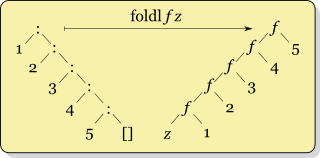The idea behind program analysis is simple, right? You just want to know stuff about your program before it runs, usually because you don't want unexpected problems to arise (those are better in movies.) Then why looking at Wikipedia gives you headaches? Just so many approaches, tools, languages 🤯
In this article I would like to give a glimpse of an overarching approach to program analysis, based on ideas from abstract interpretation. My goal is not to pinpoint a specific technique, but rather show how they have common core concepts, the differences being due mostly to algorithmic challenges. In other words, static analysis have a shared goal, but it's a challenge to make them precise and performant.
Code is meant to be executed by a computer. Take the following very simple function:
fun cantulupe(x) = {
